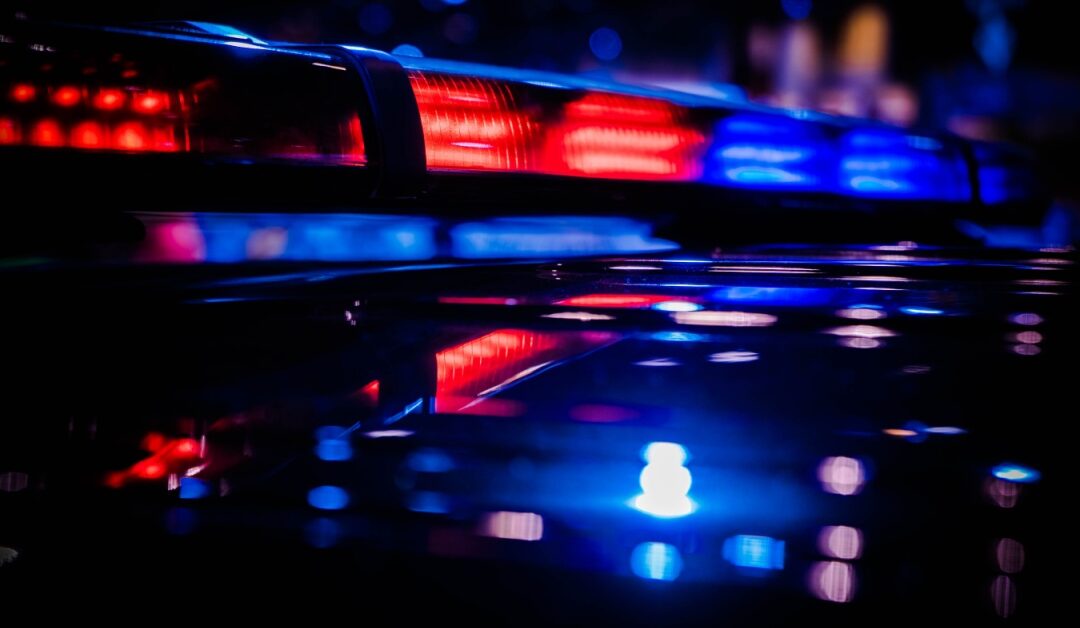If you’ve been arrested for driving under the influence (DUI) in Pennsylvania, you need to make smart decisions about your next steps. Between fines, costs, and increased insurance premiums, DUIs can prove incredibly expensive. They can also lead to a driver’s license suspension and even jail time in some cases.
One of the most important decisions you need to make is whether to seek a plea bargain.
Seeking a plea bargain allows for avoiding the costs and other consequences of a DUI conviction. However, it does not allow you to avoid consequences entirely. Entering into a plea bargain still means pleading guilty— possibly to a reduced DUI or a DUI involving house arrest instead of jail time. As a result, before seeking a plea bargain, you need to make sure this is your best option, and this may or may not be the case depending on the circumstances at hand.
When Should You Consider a DUI Plea Bargain in Pennsylvania?
So, when is a plea bargain likely to be your best option? Generally speaking, it will be worth considering a plea bargain if there is a good chance that you will be convicted at trial. If prosecutors have the evidence they need to prove your guilt beyond a reasonable doubt—and if you don’t have grounds to have this evidence excluded from your trial—it might make sense to negotiate a plea.
But, you won’t know what evidence prosecutors have right away. While you might have an idea of the evidence that the prosecution has against you, it is critical not to make any assumptions about your case. Your lawyer will be able to obtain the prosecution’s evidence before your trial, and then you will be able to work with your lawyer to make an informed decision about how best to proceed.
What Can You Expect from a DUI Plea Bargain?
Let’s say you decide to seek a plea bargain. What can you expect from your plea?
First and foremost, it is important to understand exactly what it means to accept a plea bargain in a Pennsylvania DUI case. As we mentioned above, accepting a plea still means pleading guilty to a form of DUI under Pennsylvania law.
When negotiating on your behalf, your defense lawyer will seek to minimize your penalties to the fullest extent possible.
There are some additional considerations to keep in mind as well. For example, a license suspension could be unavoidable depending on the plea bargain, and substantial probation and court costs could still be required. A DUI conviction on your record will also increase your insurance premiums, and depending on what you do for work, it could potentially have implications for your career as well.
As a result, deciding to seek a plea bargain is not a decision that you can afford to take lightly. You need to consider all relevant factors—including any better alternatives that you may have available.
When Should You Not Consider a DUI Plea Bargain?
When might you have a better alternative to seeking a plea bargain? Generally speaking, it will not be in your best interests to seek a plea bargain if:
1. You Aren’t Guilty of DUI
You shouldn’t accept a plea bargain if you aren’t guilty of DUI. The fact that you were arrested doesn’t necessarily mean that you violated Pennsylvania law. There are several “elements” to a DUI charge in Pennsylvania, and prosecutors must be able to prove each of these elements in order to secure a conviction. Whether you weren’t “incapable of safely driving” or you weren’t in “actual physical control of the movement of a vehicle,” if you didn’t violate Pennsylvania’s DUI law, you should not accept any consequences as a result of your arrest.
2. Prosecutors Can’t Prove Their Case
Regardless of whether you violated Pennsylvania’s DUI law, the prosecution has the burden of proving your guilt beyond a reasonable doubt. If prosecutors can’t prove their case, you are entitled to a “not guilty” verdict—and in this scenario, it won’t be in your best interests to accept a plea. Even if you were clearly driving under the influence, prosecutors might not be able to prove their case if:
They don’t have the evidence they need to prove each “element” of a DUI under Pennsylvania law; or, Their evidence isn’t admissible in court due to a violation of your constitutional rights.
3. You Qualify for Accelerated Rehabilitative Disposition (ARD)
If this is your first time facing a DUI charge, you may qualify to participate in Pennsylvania’s Accelerated Rehabilitative Disposition (ARD) program. Participating in (and successfully completing) the ARD program allows you to avoid the consequences of a DUI conviction. This keeps your record clean, and it is generally the best option (if you qualify) when you are at high risk of facing a DUI conviction at trial.
Request a Free Consultation with DUI Defense Lawyer Brian C. Jordan in Stroudsburg, PA
Do you have questions about seeking a plea bargain in a Pennsylvania DUI case? If so, we encourage you to contact us promptly for more information. To request a free consultation with Stroudsburg DUI defense lawyer Brian C. Jordan, give us a call at 570-764-4114 or tell us how we can reach you online today.
Get In Touch
If you need legal assistance for your situation, I can help you. Schedule a free consultation.


